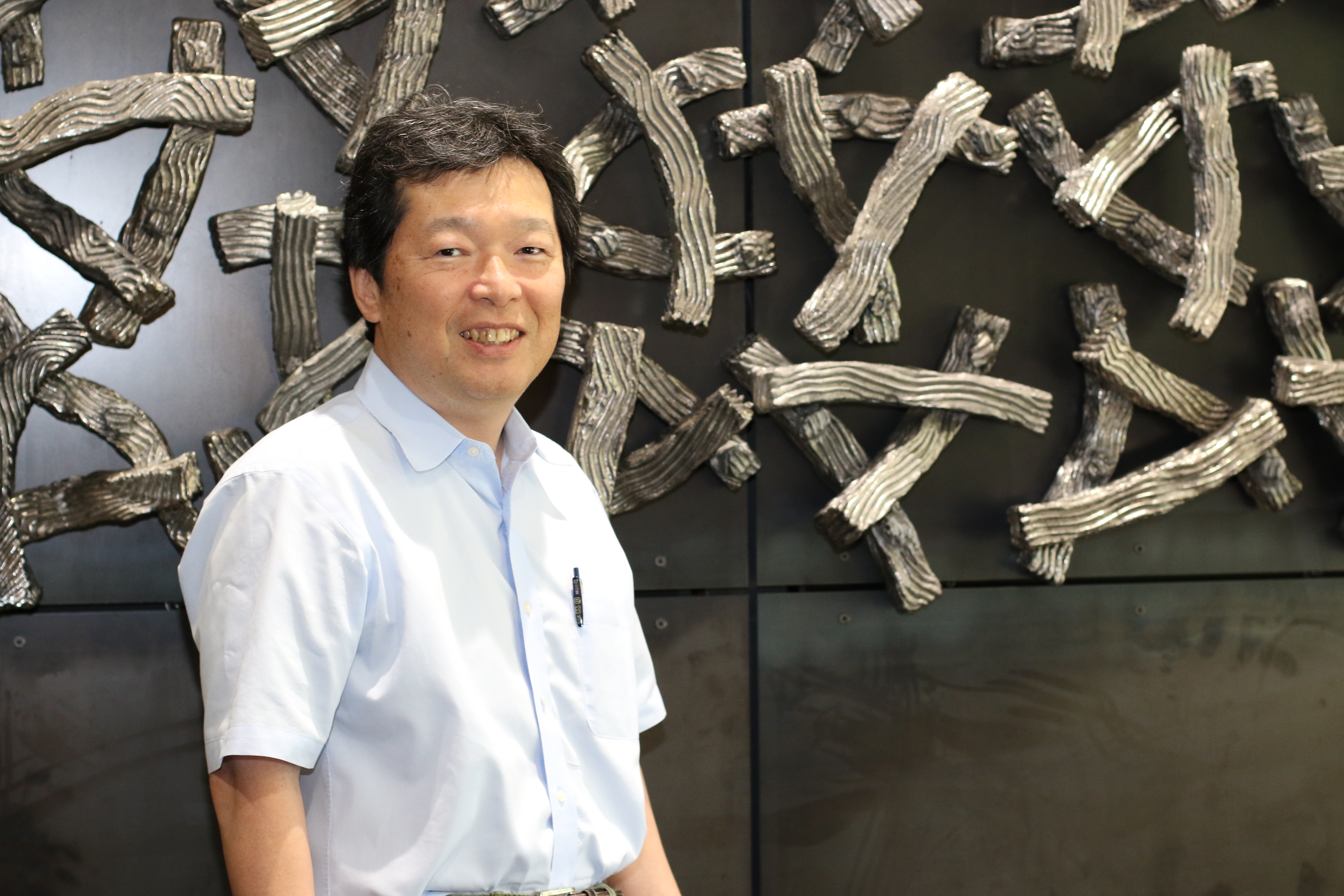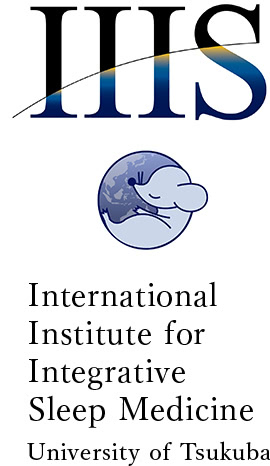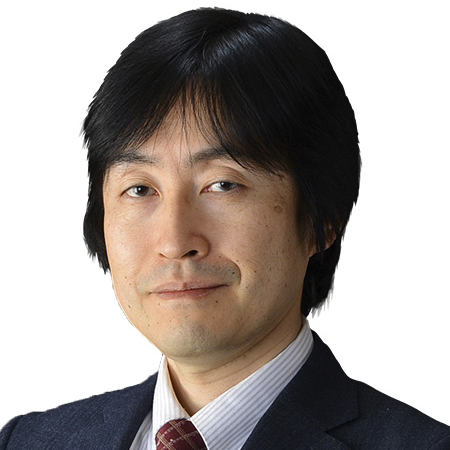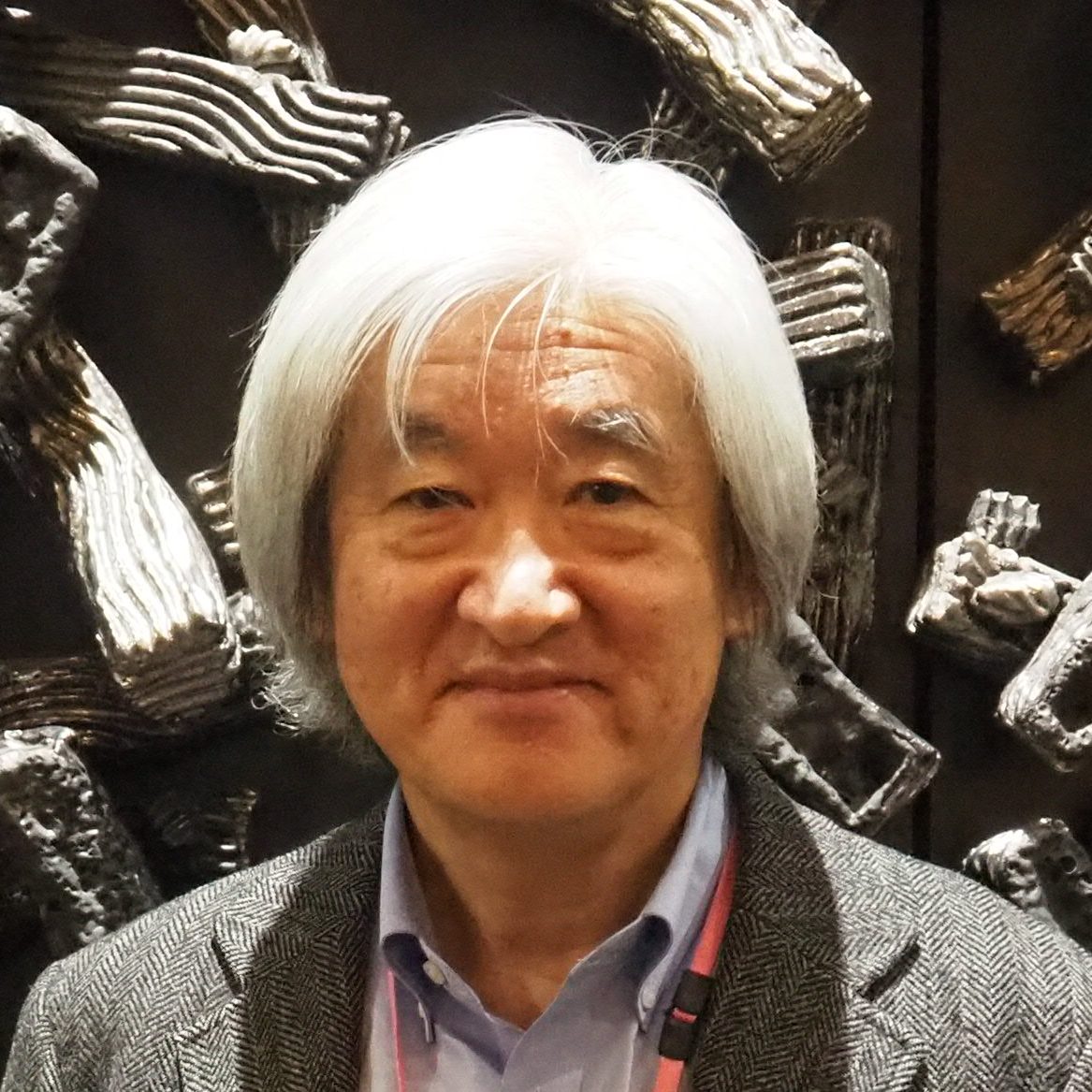01 Research Summary
It has already been 20 years since orexin was discovered, but it is still the only biochemical marker for diagnosis of sleep wake disorders. Other than orexin, diagnosis is made only by sleep polygraph examinations and clinical symptoms. Since orexin is decreased in narcolepsy, it has been measured from 2000 for a definitive diagnosis for narcolepsy and about 3000 samples have been measured. Orexin is also an important biomarker of symptomatic hypersomnia due to hypothalamic lesions. We have reported symptomatic narcolepsy due to AQP4 antibody as the first sleep wake disorder involving an autoimmune mechanism. In addition to cases with hypothalamic lesion, it has been reported that orexin decreases and symptomatic narcolepsy occurs in hereditary diseases and neurodegenerative diseases. One of the goals of our group is to clarify the pathophysiology of hypersomnia through the study of symptomatic narcolepsy. Similar to AQP4 antibody, NMDA receptor antibody that acts on the surface of cell membranes causes NMDA receptor encephalitis with psychosis. Schizophrenia is a disease of unknown cause, but we believe that it may also develop due to an autoimmune mechanism, such as NMDA receptor antibody. We are continuing to consider this direction of research.
Core Group
-

Neuroscience
Masashi Yanagisawa
-
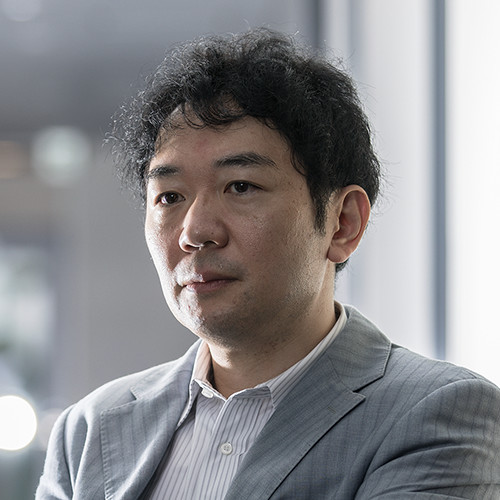
Neuroscience
Takeshi Sakurai
-

Neuroscience
Hiromasa Funato
-
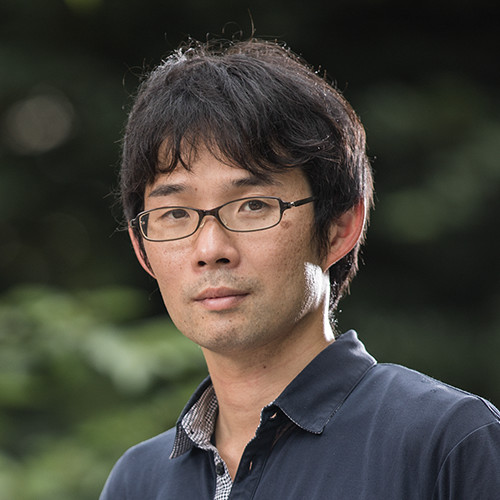
Neuroscience
Yu Hayashi
-

Neuroscience
Michael Lazarus
-
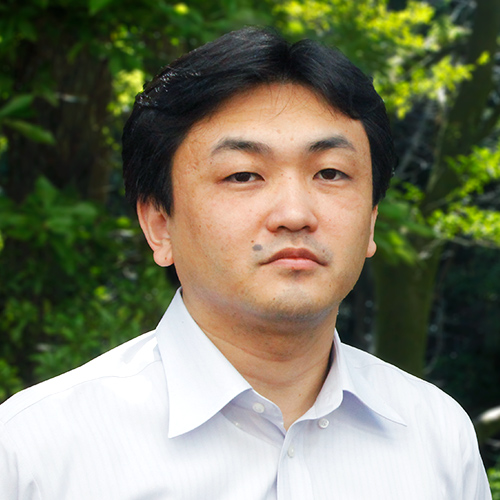
Neuroscience
Yo Oishi
-

Neuroscience
Masanori Sakaguchi
-

Neuroscience
Kaspar Vogt
-
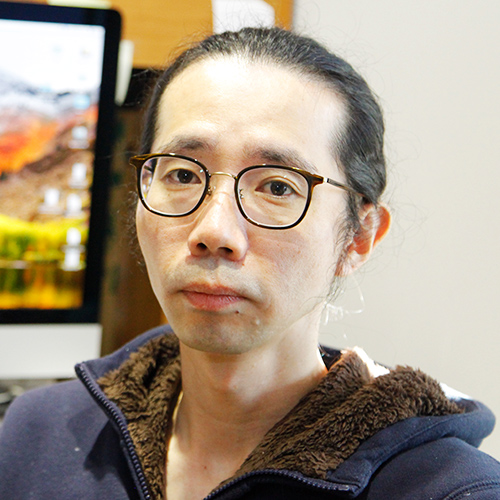
Neuroscience
Katsuyasu Sakurai
-

Neuroscience
Sakiko Honjoh
-
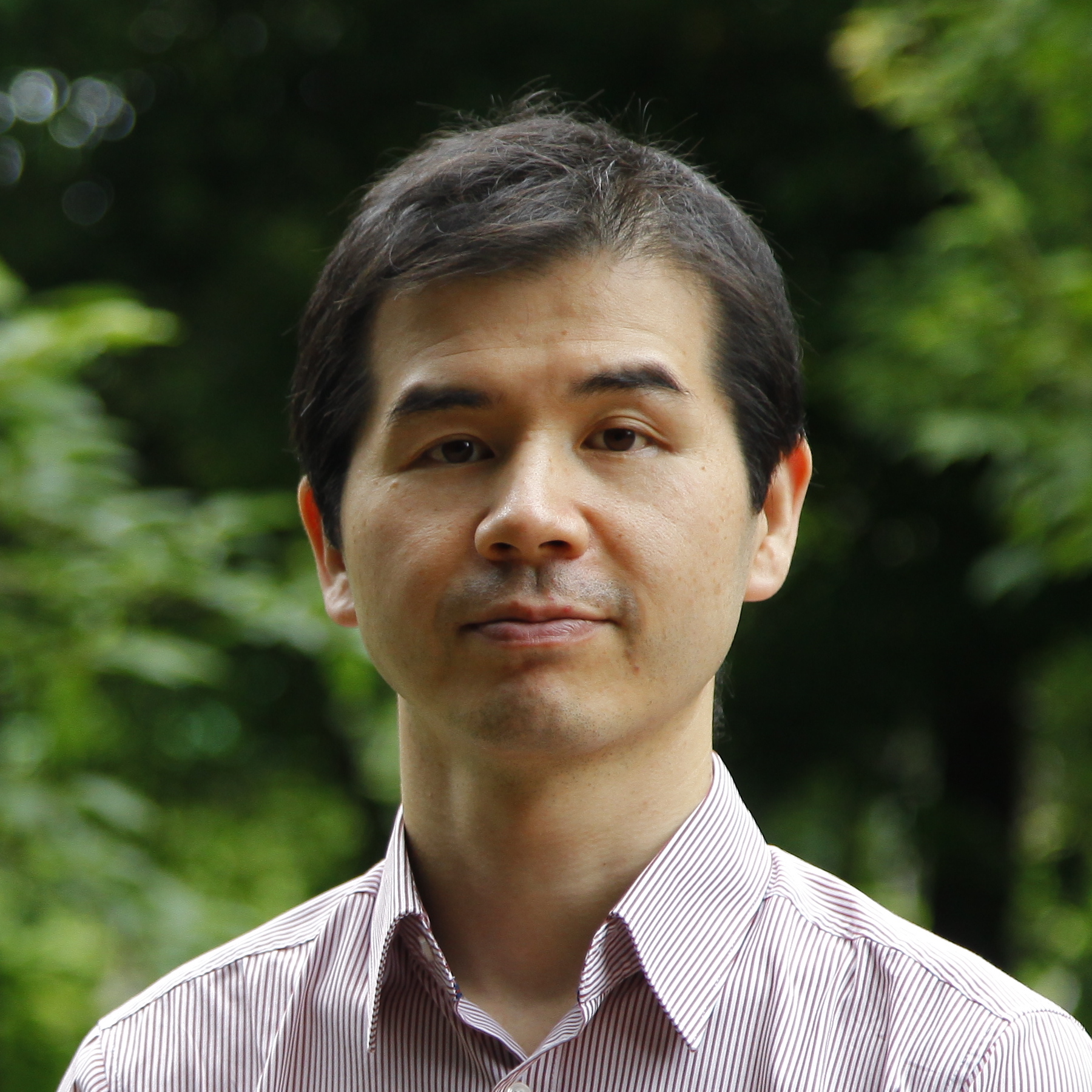
Neuroscience
Hirofumi Toda
-
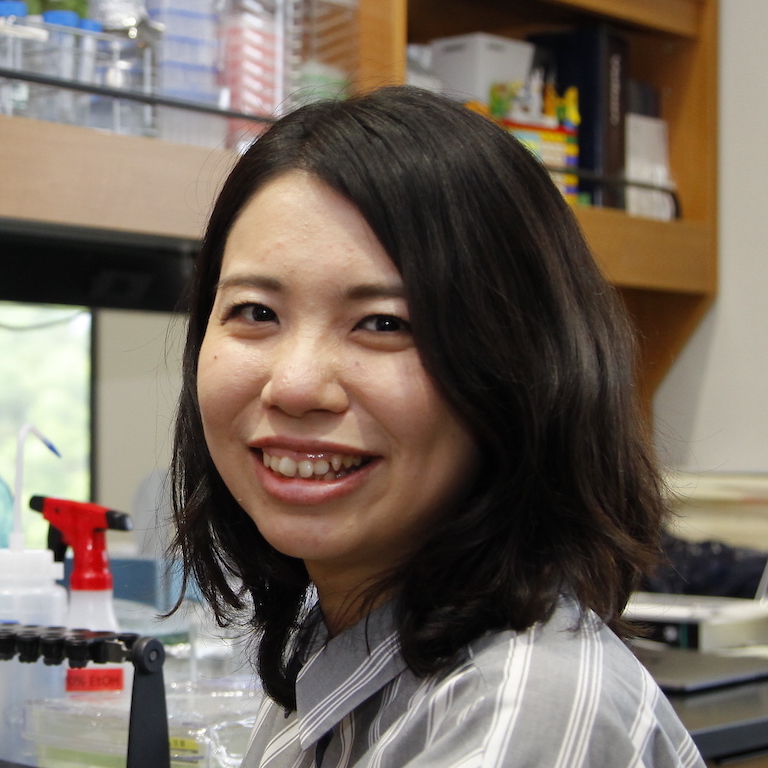
Neuroscience
Arisa Hirano
-

Neuroscience
Robert Greene
-

Neuroscience
Qinghua Liu
-

Drug discovery
Noriki Kutsumura
-

Drug discovery
Tsuyoshi Saitoh
-

Human sleep
Tomohiro Okura
-
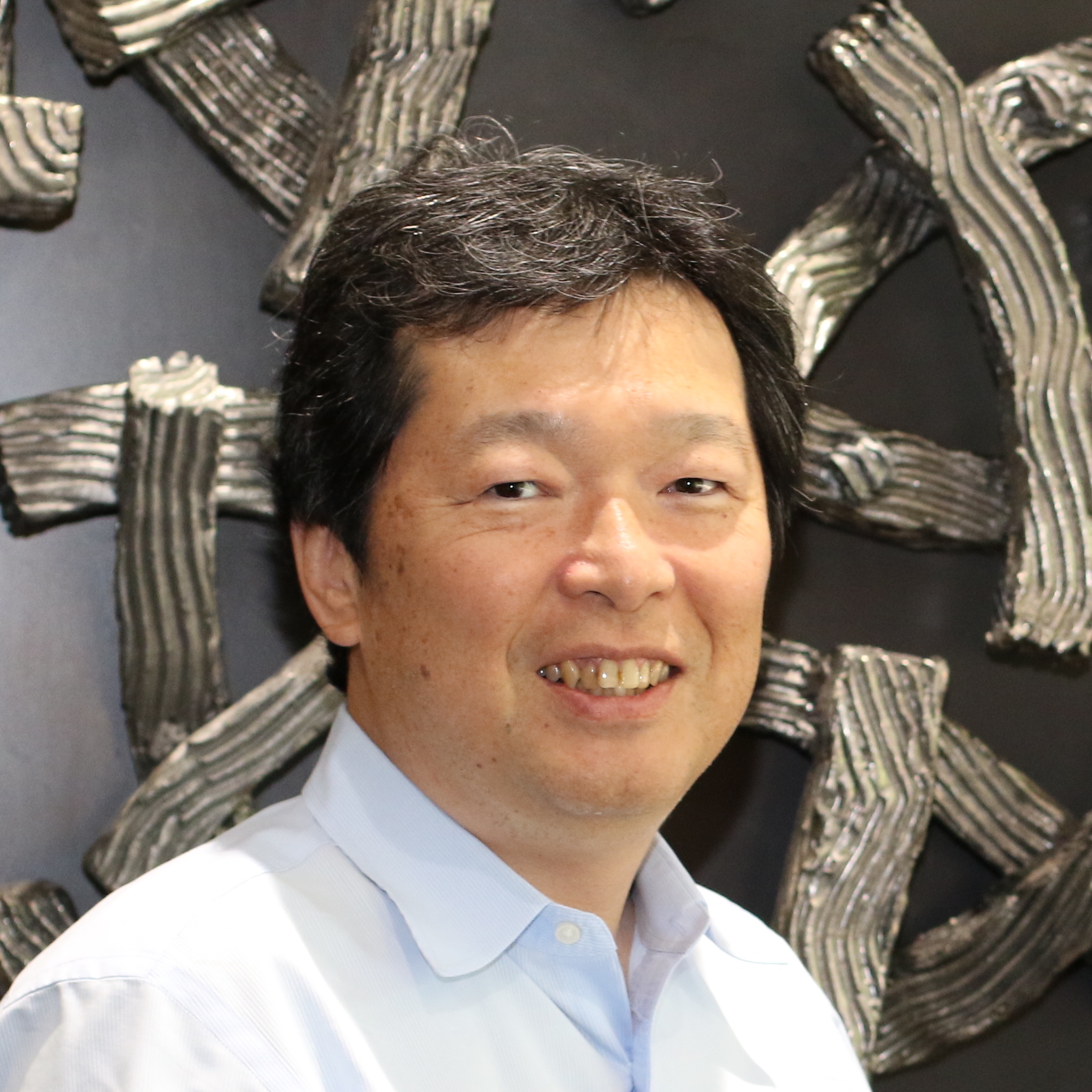
Human sleep
Takashi Kanbayashi
-

Human sleep
Takashi Abe
-

behavioral science
Shun Nakajima
-

Data Science
Hiroyuki Kitagawa
-

Data Science
Shoi Shi
-

Data Science
Masao Iwagami
